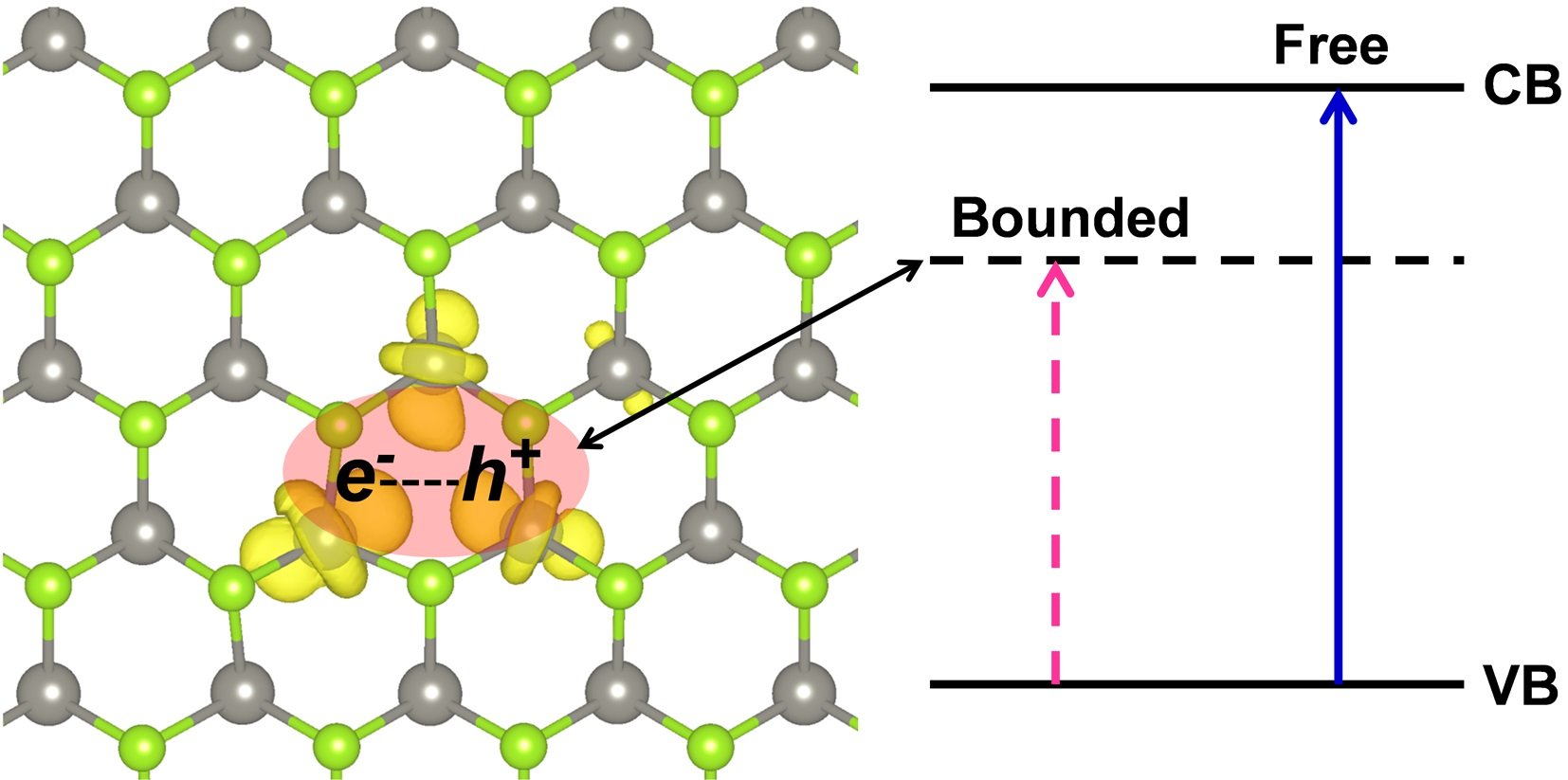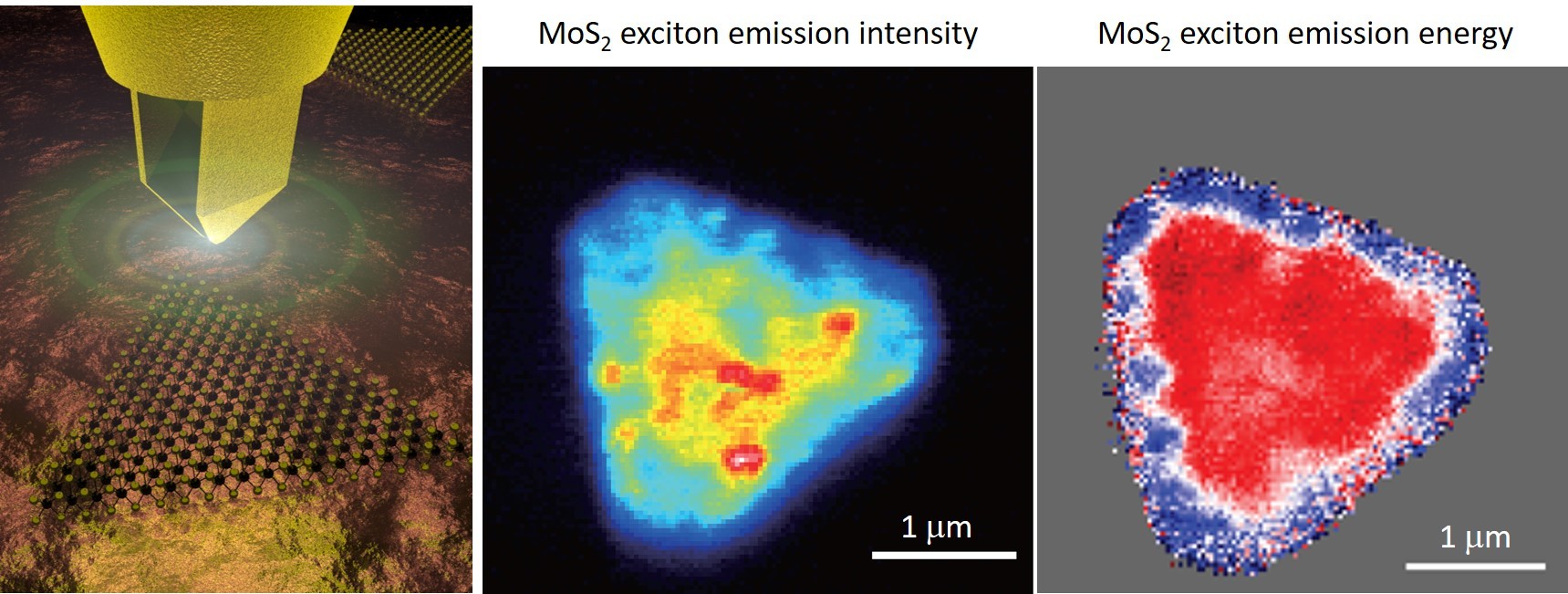New Methods and Materials for energy conversion.
Boosting catalyst design for sustainable fuel production
Electrochemical reactions are believed to become a major contributor for sustainable fuel production in the future. This will however only be possible if energy-efficient catalysts are developed that are sufficiently cheap to work at industrial scales. Oxides of earth-abundant 3D transition metals represent one of the most promising candidates in this respect and are the focus of extensive experimental and theoretical efforts. While electronic structure modeling is recognized as a necessary component of the catalyst design process, density functional theory (DFT) has limited predictive power for systems governed by strong correlations such as these transition-metal compounds. While quantum Monte Carlo (QMC) is free of such limitations, its use beyond cross-verification studies on relatively small models is currently inaccessible due to the prohibitive computational cost.

TREX pushes QMC to new vistas in the field of catalyst design and enable currently impossible, fully-correlated studies of complex catalytic reactions on solid surfaces in explicit solvent. Such an activity will lead to massive exploitation of QMC methodologies in the field of catalyst design as well as boost the discovery of new efficient and robust catalysts.

About the demonstrator
In this demonstrator TREX explores exciton physics in two-dimensional (2D) materials, expected to become active building blocks in future optoelectronics. QMC simulations of representative 2D nanomaterials (e.g. free-standing fluorographene) will be performed, scaling to unprecedented models sizes (~2,000 electrons), that enable the presence of the exciton in its full size. In addition to new insights in the physics of excitons in these materials, TREX computations enable direct access to materials optical properties in currently inaccessible sizes where finite-size effects become negligible.
Electrochemical reactions represent another target area of TREX software in energy applications. These reactions will become major sustainable fuel-production candidates if energy-efficient catalyst materials, sufficiently cheap to be produced at industrial scales, are available. TREX studies hydrogen/oxygen evolution reactions on surfaces of transition metal oxides, among the most promising compounds to replace platinum, and notoriously difficult to study via traditional quantum chemical approaches. Combining QMC strengths with TREX-enabled exaflop performance will lead to a paradigmatic QMC application.
